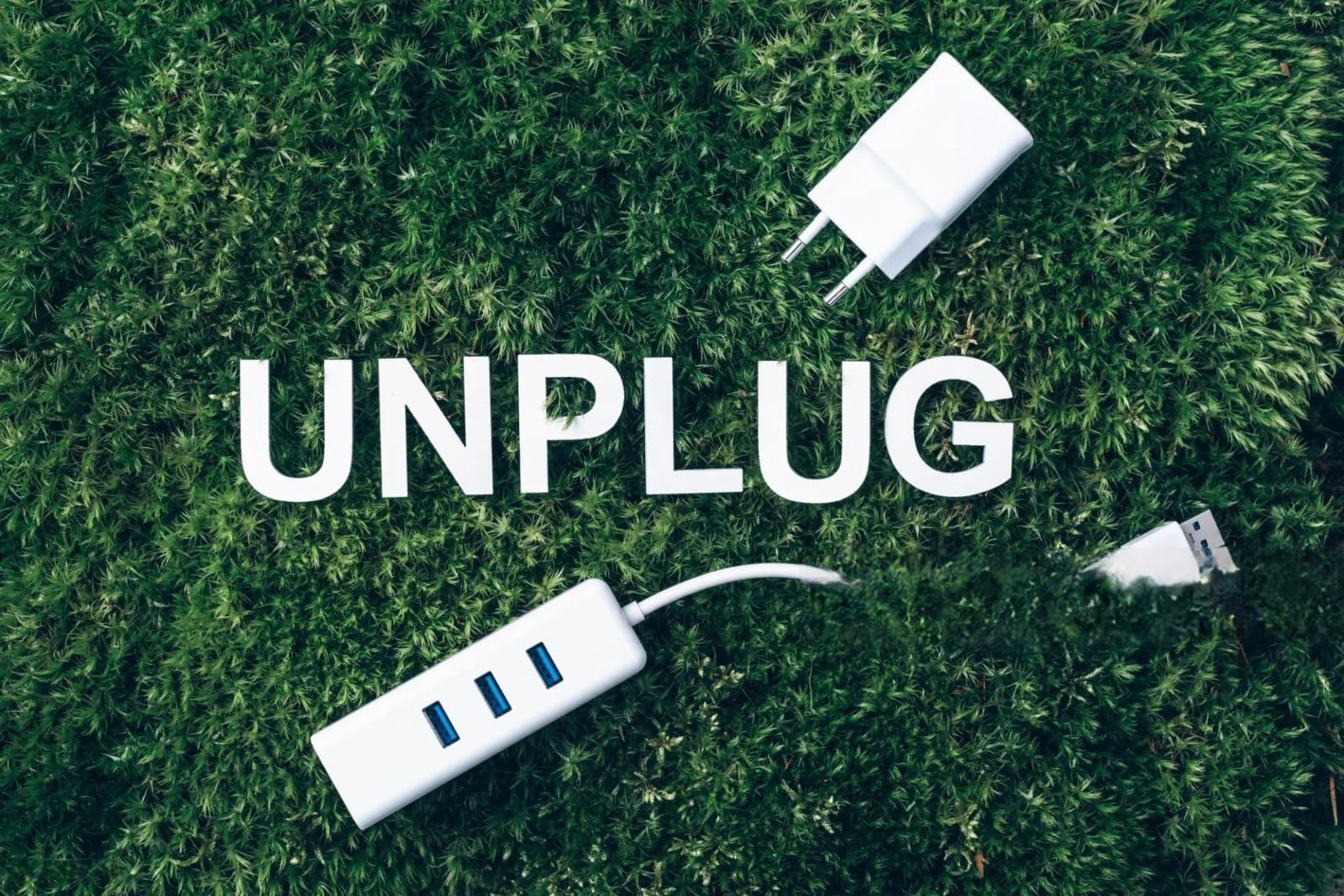In today’s world, the ubiquity of digital devices has significantly transformed how we interact, work, and relax. While technology has undoubtedly brought countless benefits, there is growing concern about the adverse effects of constant connectivity. A digital detox—temporarily disconnecting from digital devices—can provide a much-needed respite for individuals looking to reclaim their time, enhance their mental health, and improve real-life relationships. This article delves into the myriad benefits of unplugging and how it can lead to a more balanced life.
Understanding Digital Detox
What is a Digital Detox?
- Temporary disengagement from digital devices including smartphones, computers, and tablets.
- Focused time spent away from screens to engage in real-world activities.
Why Consider a Digital Detox?
- To reduce stress and anxiety related to constant connectivity.
- To improve personal relationships by fostering more direct human interactions.
A digital detox is more than just a trendy concept; it’s a conscious decision to step away from the constant barrage of digital communication and immerse oneself in real-world experiences. The idea stems from the growing awareness of how our dependence on smartphones, tablets, and computers can negatively impact our mental and physical well-being. In a world where notifications, emails, and social media updates demand our attention almost every minute, it’s easy to lose sight of what truly matters. A digital detox allows us to regain control over our time and attention, fostering a deeper connection with our surroundings and the people in our lives. By temporarily disconnecting, we not only alleviate the stress associated with being constantly plugged in but also create space for introspection, creativity, and meaningful human interactions.

The Psychological Benefits of Disconnecting
The Psychological Benefits of Disconnecting
Enhanced Mental Health
- Reduction in Stress Levels: Disconnecting helps lower the anxiety and stress that comes with an “always-on” lifestyle.
- Boost in Mood: Engaging in non-digital activities, such as nature walks or reading, can enhance overall mood and well-being.
Improved Sleep Patterns
- Numerous studies suggest that reducing screen time before bed can lead to better sleep quality and duration.
The psychological benefits of a digital detox are profound, touching various aspects of mental health and emotional well-being. For starters, it provides a significant reduction in stress levels. The perpetual cycle of responding to emails, managing social media accounts, and staying updated with the latest news can lead to chronic stress and anxiety. This constant state of alertness, often referred to as “digital anxiety,” can leave us feeling overwhelmed and burnt out. Disconnecting allows the mind to relax and reset, which in turn can lead to an improved mood and a greater sense of calm. Moreover, taking a break from screens before bedtime is known to enhance sleep quality. The blue light emitted by screens can interfere with the production of melatonin, the hormone responsible for regulating sleep. By unplugging in the evening, we allow our bodies to naturally wind down, leading to deeper and more restorative sleep.

Boosting Productivity and Focus
Boosting Productivity and Focus
Uninterrupted Deep Work
- Without the constant notifications and distractions, individuals often experience more focused and productive work sessions.
- Case Study Analysis: A look at how professionals from various fields benefit from scheduled offline times to boost output and creativity.
Time Management Improvements
- Engaging in a digital detox helps recalibrate one’s understanding of time, often leading to more effective time management skills.
In today’s fast-paced digital world, it’s easy to fall into the trap of multitasking—juggling emails, social media, and work projects all at once. However, research has shown that multitasking can actually reduce productivity and diminish our ability to focus. A digital detox can be a powerful tool to counteract this. By eliminating the distractions of constant notifications and the lure of digital entertainment, we can immerse ourselves in deep work—extended periods of focused, uninterrupted work that allow for higher quality and more creative output. Professionals across various industries have found that scheduling regular offline periods can dramatically boost their productivity, allowing them to achieve more in less time. Additionally, a digital detox can improve time management skills by helping individuals become more mindful of how they allocate their time, leading to more intentional and efficient use of their hours.

Strengthening Personal Relationships
Strengthening Personal Relationships
Quality Time
- Unplugging leads to more meaningful interactions with friends and family, as individuals are more present and engaged during personal encounters.
Communication Skills
- Face-to-face interactions can improve empathy and understanding, which are sometimes diluted in digital communications.
In an age where communication is often reduced to text messages, emojis, and social media interactions, the quality of our personal relationships can suffer. Digital devices, while convenient, can create a barrier between us and the people we care about. A digital detox offers an opportunity to remove these barriers and reconnect on a more personal level. By putting away our phones and focusing on face-to-face interactions, we can deepen our relationships and build stronger connections. Conversations become more meaningful when we’re fully present, listening and engaging without the distractions of a buzzing phone. Moreover, spending quality time with loved ones without the interference of digital devices can help us better understand each other’s needs and emotions, fostering empathy and strengthening bonds. In this way, a digital detox can lead to more fulfilling and lasting relationships.
Physical Health Benefits of a Digital Detox
Physical Health Benefits of a Digital Detox
Increased Physical Activity
- Engaging in outdoor activities or sports during a digital detox can lead to improved physical health.
Reduction in Digital Eye Strain
- Regular breaks from screens help reduce symptoms of digital eye strain, including headaches and blurred vision.
Incorporating Digital Detox into Daily Life
Practical Tips for a Successful Digital Detox
- Setting Realistic Goals: Starting with small, manageable periods of time away from digital devices.
- Creating Tech-Free Zones: Designating certain areas of the home, such as the bedroom or dining room, as device-free zones.
Challenges and How to Overcome Them
- Addressing the fear of missing out (FOMO) and withdrawal symptoms by gradually increasing detox periods.
Incorporating a digital detox into daily life might seem challenging at first, especially given our reliance on technology for work, communication, and entertainment. However, with a few practical strategies, it can become a manageable and even enjoyable part of our routine. One effective approach is to start small by setting aside specific times of the day as tech-free periods. For example, dedicating the first hour after waking up and the last hour before bed to offline activities can create a calming bookend to the day. Another strategy is to designate certain areas of the home as tech-free zones. The bedroom and dining room, for instance, can be spaces where no digital devices are allowed, encouraging restful sleep and focused family time.
For those looking to extend their digital detox into a mini-holiday, consider a stay at a Hilton hotel, where you can immerse yourself in comfort and relaxation away from digital distractions. Overcoming the initial discomfort of being disconnected—such as the fear of missing out (FOMO)—is key. By gradually extending the duration of these tech-free periods, the benefits of a digital detox become more apparent, making it easier to integrate into everyday life.
Future Outlook on Digital Detox Trends
Increasing Awareness and Adoption
- As awareness of the benefits of digital detox grows, more individuals and corporations are likely to adopt this practice.
Integration with Wellness Programs
- Companies might integrate digital detox strategies into their employee wellness programs to enhance productivity and reduce burnout.
As awareness of the negative effects of constant digital exposure continues to grow, the trend of digital detoxing is likely to gain more traction. In the future, we can expect to see a greater emphasis on digital well-being, both at the individual and corporate levels. Companies might start to recognize the importance of digital detox practices in maintaining employee productivity and mental health, potentially integrating these practices into their wellness programs. We may also see an increase in digital detox retreats—destinations specifically designed to help individuals disconnect from technology and reconnect with themselves and nature.
For instance, booking a family trip to Whipsnade Zoo or London Zoo with an English Heritage Membership could provide a meaningful experience away from screens, allowing families to connect with nature and each other. If traveling abroad, securing your trip with Avanti Travel Insurance ensures that you can explore and unwind without the stress of potential travel hiccups.

Conclusion
Exploring the benefits and methods of a digital detox highlights its significant role in improving mental and physical health, enhancing personal relationships, and boosting productivity. In a world where digital presence is nearly inescapable, taking the time to unplug can provide a much-needed balance, enriching one’s quality of life and overall well-being. Embracing a digital detox is not just a temporary escape but a lifestyle change towards better health and genuine connections.
FAQs About Digital Detox
-
- Can a digital detox improve relationships?
- Absolutely. By reducing the distractions of digital devices, individuals can be more present in their interactions, leading to more meaningful and authentic connections with friends, family, and colleagues.
- How often should one undertake a digital detox?
- Frequency depends on personal needs and lifestyle. Some people find weekly detoxes beneficial, while others may prefer monthly or quarterly breaks. The key is to find a rhythm that supports your mental and physical well-being.
- Are there any digital tools to help with digital detox?
- Yes, there are several apps designed to encourage mindful technology use, such as apps that track screen time or temporarily block access to certain apps or websites during designated detox periods.
- What are some activities to engage in during a digital detox?
- Activities like hiking, reading, cooking, and practicing mindfulness or meditation are excellent choices. Engaging in hobbies or spending quality time with loved ones can also enrich the detox experience.













